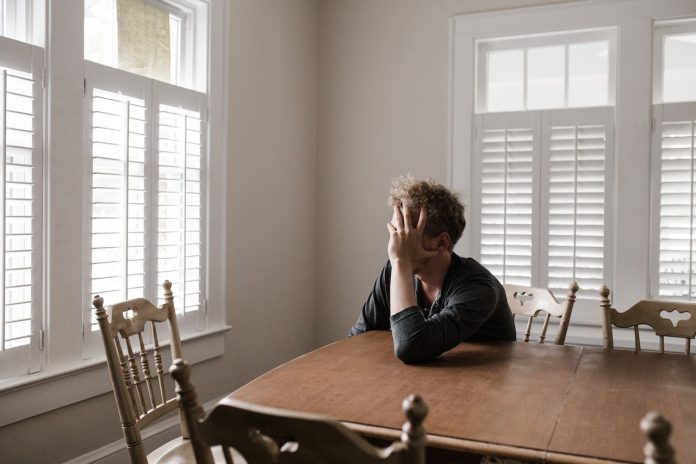Physical therapy is often thought of as a treatment for physical injuries and chronic pain, but it can also be an effective way to manage anxiety.
Anxiety is a common mental health condition that affects millions of people worldwide, and it can manifest in many ways, including fear, worry, and panic attacks.
physical therapy can help lower anxiety by addressing the physical symptoms that often accompany it, such as muscle tension and difficulty breathing, for example.
Table of Contents
Anxiety and Physical Therapy
One of the most effective ways that physical therapy can help lower anxiety is by teaching patients relaxation techniques.
These techniques, such as deep breathing and progressive muscle relaxation, can help patients learn to control their physical symptoms and reduce their overall level of anxiety. For example, deep breathing is a simple yet effective technique that can help slow the heart rate and lower blood pressure, which can help calm the body and reduce feelings of panic.
Progressive muscle relaxation, on the other hand, involves tensing and then relaxing different muscle groups, which can help patients learn to identify and release muscle tension, which is a common symptom of anxiety.
Sleep Disorders
You may have realized that many people with anxiety have difficulty falling asleep or staying asleep, which can further exacerbate their symptoms. Physical therapists can work with these patients to develop strategies for improving sleep, such as exercise, relaxation techniques, and good sleep hygiene.
Physical therapy can also help lower anxiety by addressing pain. Pain and anxiety are closely linked, and chronic pain can often cause or exacerbate anxiety. Physical therapists can work with patients to develop a treatment plan that manages both anxiety and pain, which can include exercises, stretches, manual therapy, and other techniques.
Stay Physical
Exercise and physical activity can also be very helpful in managing anxiety. Regular exercise has been shown to increase the production of endorphins, which are chemicals in the brain that can improve mood and reduce feelings of anxiety.
Physical therapists can work with patients to develop effective and safe exercise programs, which can include both cardio and strength training. They can also teach patients how to use exercise as a way to distract from anxious thoughts, which can be a powerful tool in managing anxiety.
Posture is Important
Physical therapy can also help lower anxiety by addressing postural and movement issues. Many people with anxiety tend to hold tension in their shoulders and neck, which can lead to chronic pain and further anxiety. Physical therapists can teach patients how to correct their posture, which can help reduce muscle tension and improve overall comfort. They can also teach patients exercises that can help improve their flexibility and range of motion, which can help reduce feelings of immobility and stiffness.
Be the Best You
Physical therapy can also help lower anxiety by providing a sense of control and empowerment. Many people with anxiety feel like they have lost control of their lives, and they can feel helpless and hopeless.
It can help them regain a sense of control by teaching them exercises and techniques that they can use to manage their symptoms. It can also provide a sense of accomplishment and progress, which can help reduce feelings of helplessness and hopelessness. It will also help in case of living with a spouse with anxiety.
If you are looking for physical therapy assistance around the Michigan area, Miracle Rehab provides physical therapy services in Farmington Hills, MI. Check it out.
Summing up
Physical therapy is an effective treatment for anxiety, which can help lower anxiety by addressing the physical symptoms that often come with it, such as muscle tension and difficulty breathing.
Physical therapists can teach patients relaxation techniques, handle postural and movement issues, discourse sleep issues, address pain, develop exercise plans, and provide a sense of control and empowerment.
It is important to seek help from a qualified physical therapist who can develop a tailored treatment plan to your specific needs. You’ll be surprised!








